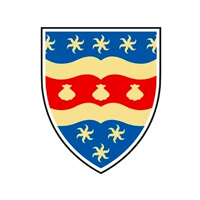fees waived
Music, BA (Hons)
University of Plymouth, United Kingdom
Ranking in UK
Music
Music
Music
Costs
food & rent S$18.8k / year
Entry requirements
Scholarships
Unlimited quantity
Unlimited quantity
Unlimited quantity
Limited quantity
Information
Code
Code
Intakes
Website (External)
Programmes
Information
Duration
2029
Develop your musical talents through access to local venues, performers, and state-of-the-art facilities like practice rooms, recording studios, and an award-winning theatre. Benefit from one-on-one tutoring with expert instructors to master instruments and acquire practical, critical, and technical skills. Explore diverse music cultures, composition, and support for disabled performers, while engaging in modules that blend theory with hands-on experience in performance, musicology, sound recording, and therapy. A professional development program offers work placements, performance opportunities, and collaboration with other courses, alongside societies such as gospel choirs and orchestras.In the first year, build foundations in musicianship, Western traditions, global music, composition, and technology through group activities. The second year expands horizons, leading to specializations like music therapy, with an optional placement for employability skills. Final-year studies focus on independent practice in performance, ethnomusicology, and electronic music, allowing specialization via dissertation. Note that modules may change, and this course does not award qualified teacher status.
A local representative of University of Plymouth in Singapore is available online to assist you with enquiries about this course.

